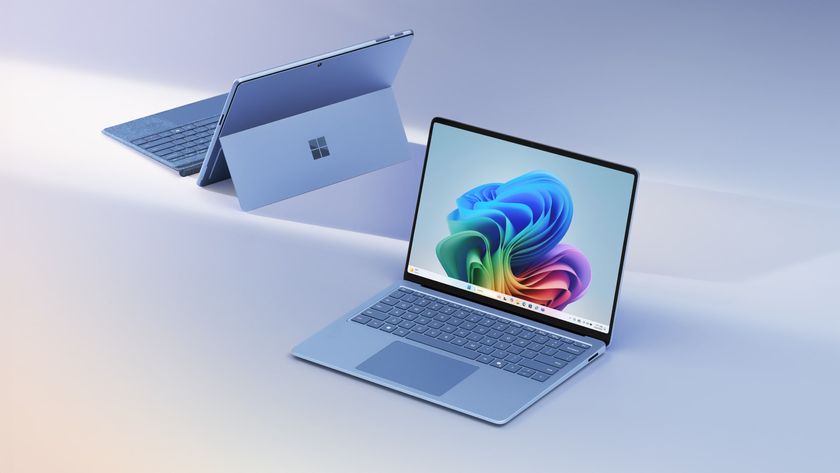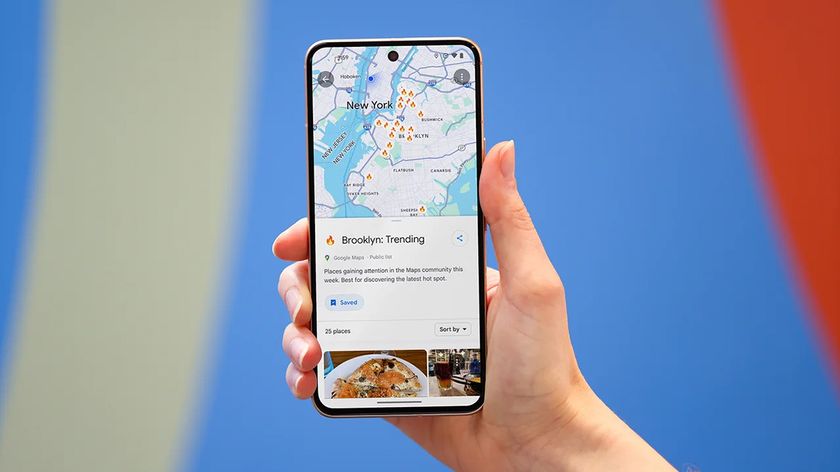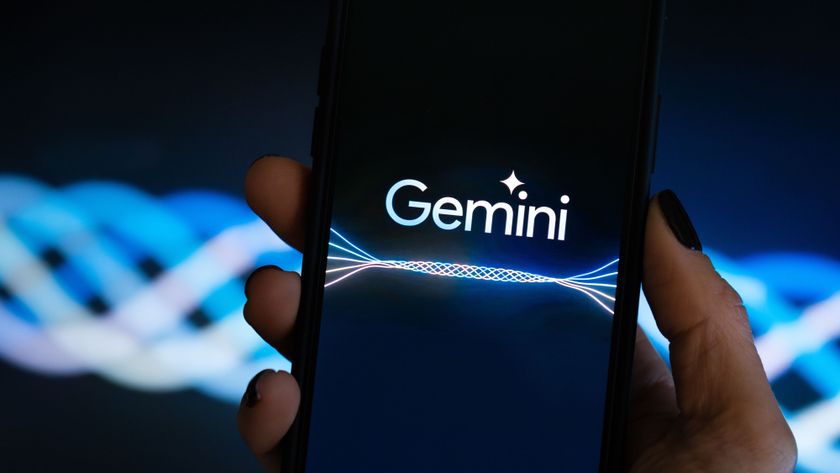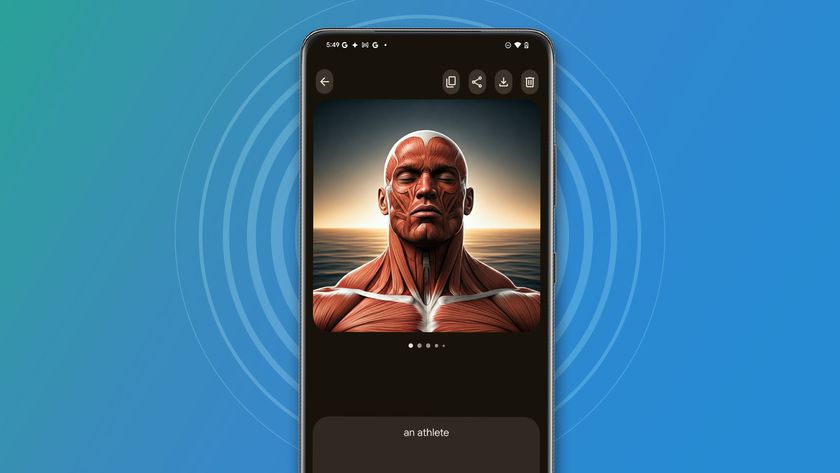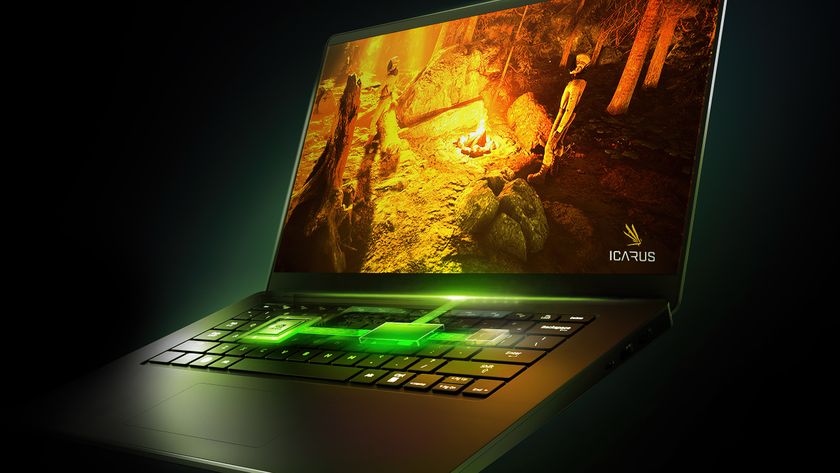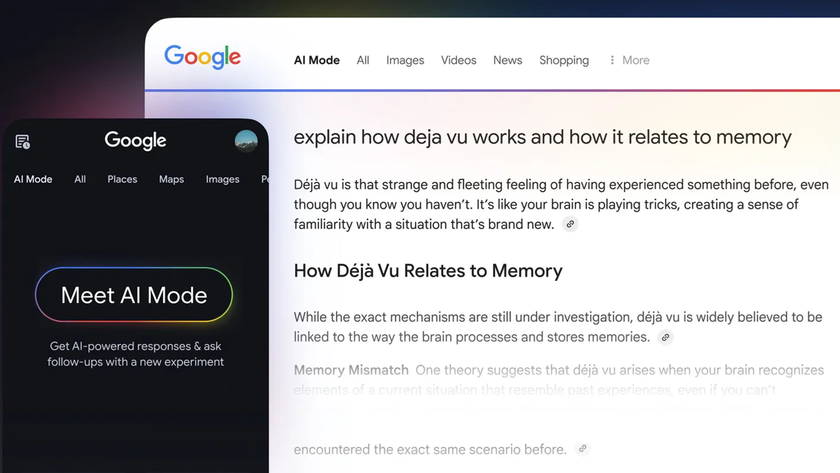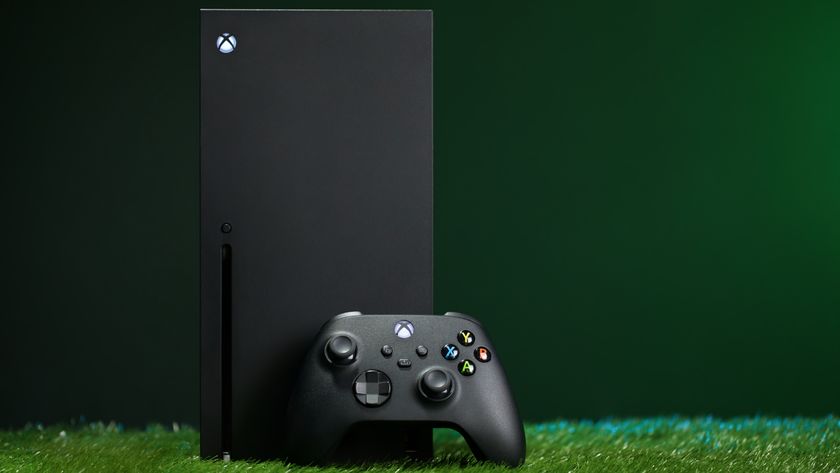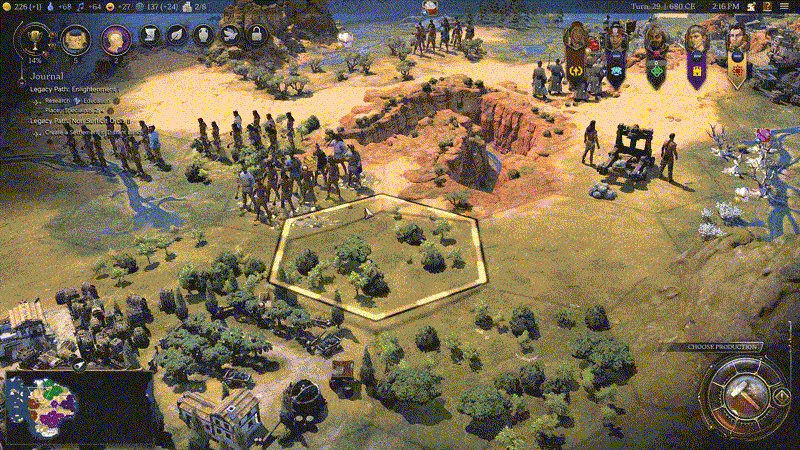
MSI's has just announced its VR Backpack PC has evolved into its final form, the VR One.
First debuting at the Tokyo Game Show, the MSI VR One features a new robotic armor pack design and a serious hardware upgrade with overclocked CPUs and Nvidia Pascal graphics.
The new design is much sleeker than the school pack-inspired design MSI first showed off at Computex 2016. The battery packs are also now integrated directly into the case and MSI has added hot swappable functionality making it easy to switch them out when users reach the end of their 1.5 hour play session.
Cooling has also seen a substantial upgrade as well and the VR One comes equipped with two 90mm fans and nine heat pipes. MSI claims the system will help keep the system cool and silent as 41 decibals during VR sessions.
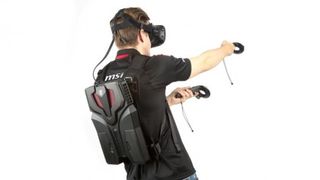
Port-wise, the VR One is fully optimized for the HTC VIVE with an HDMI port, Mini DisplayPort and a Thunderbolt3 by Type-C port. There are also four USB 3.0 ports, allowing users to plug in more external devices such as controllers and motion trackers.
MSI has also rolled out as new version of its Dragon Center software with a slate of system tuning options top optimize their virtual reality experience.
Perhaps the most impressive feat is MSI has drastically reduced the weight of its portable virtual reality rig. While the MSI Backpack PC weighed in at a substantial 5kg (12 pounds), the new version weighs in at substantially lighter 3.6kg (7.9 pounds).
Get daily insight, inspiration and deals in your inbox
Sign up for breaking news, reviews, opinion, top tech deals, and more.
MSI has yet to announce pricing or availability yet, but we're itching to put this VR pack on.
- Real life sucks: Play the 21 best VR games on PC and mobile instead
Kevin Lee was a former computing reporter at TechRadar. Kevin is now the SEO Updates Editor at IGN based in New York. He handles all of the best of tech buying guides while also dipping his hand in the entertainment and games evergreen content. Kevin has over eight years of experience in the tech and games publications with previous bylines at Polygon, PC World, and more. Outside of work, Kevin is major movie buff of cult and bad films. He also regularly plays flight & space sim and racing games. IRL he's a fan of archery, axe throwing, and board games.
